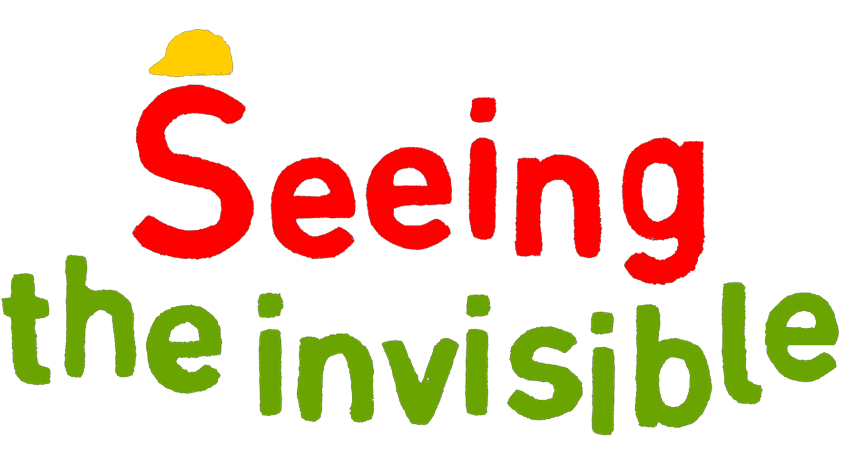What are enzymes?

Hello! We are enzymes. Nice to meet you.
We are a type of a protein that supports
the bodily mechanisms of all living things.
In other words, organisms cannot
live without enzymes.
We are also produced by all organisms
such as bacteria and microorganisms
in soil or human intestine.
It is the incredible lifecycle of enzymes.
We are a type of a protein that supports
the bodily mechanisms of all living things.
In other words, organisms cannot
live without enzymes.
We are also produced by all organisms
such as bacteria and microorganisms
in soil or human intestine.
It is the incredible lifecycle of enzymes.
Enzymes have two main functions.
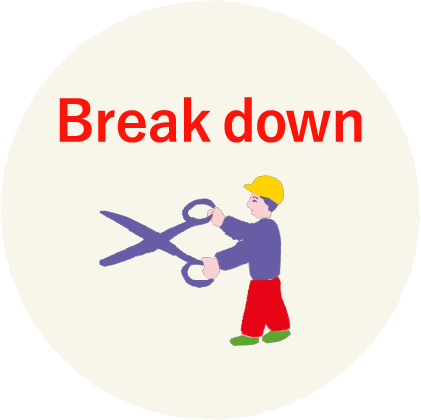
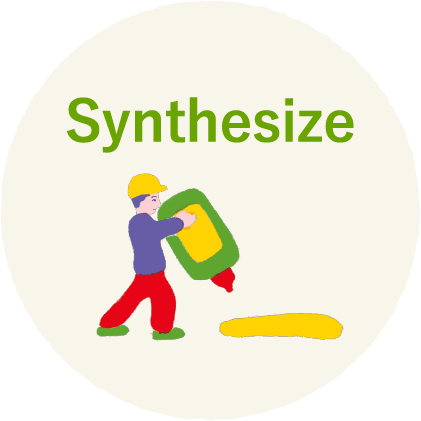
Each enzyme has a specific function.
There are more than 8,000 different types of enzymes.
Simply put, however, our job is to help
break down, synthesize, or change organic matter.
For example, digestive enzymes in the human body
help break down food
to make the nutrients easier to absorb.
Metabolic enzymes transport nutrients
to the body’s cells
and convert them into energy and strengthen immunity.
Incidentally, because enzymes do not break down
nor change ourselves, we are called catalysts.
There are more than 8,000 different types of enzymes.
Simply put, however, our job is to help
break down, synthesize, or change organic matter.
For example, digestive enzymes in the human body
help break down food
to make the nutrients easier to absorb.
Metabolic enzymes transport nutrients
to the body’s cells
and convert them into energy and strengthen immunity.
Incidentally, because enzymes do not break down
nor change ourselves, we are called catalysts.
Enzymes make the world tasty!
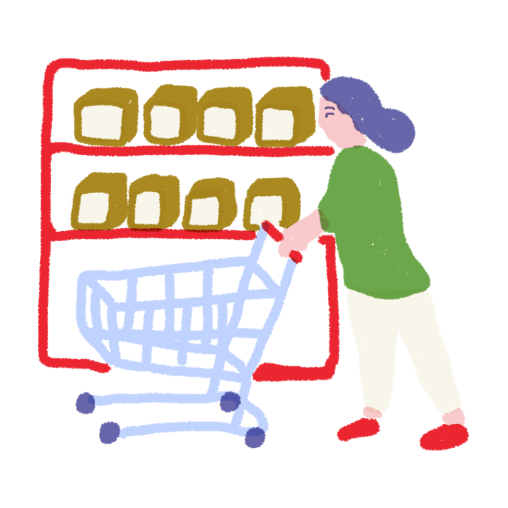
Enzymes work with familiar foods and drinks.
They play an important role in making
bread softer,
meat tenderer and juicier or
extending shelf-life of egg.
They can also
intensify flavour and aroma of food and drink,
eggs last longer, and
drinks more aromatic.
They play an important role in making
bread softer,
meat tenderer and juicier or
extending shelf-life of egg.
They can also
intensify flavour and aroma of food and drink,
eggs last longer, and
drinks more aromatic.
Enzymes make the world healthy!

Enzymes have been and always will be playing
an active role in the field of medicine
acting as digestives to prevent stomach heaviness,
helping to diagnose diseases, and
assisting in regenerative medicine therapies.
an active role in the field of medicine
acting as digestives to prevent stomach heaviness,
helping to diagnose diseases, and
assisting in regenerative medicine therapies.
Enzymes make the world
more convenient!
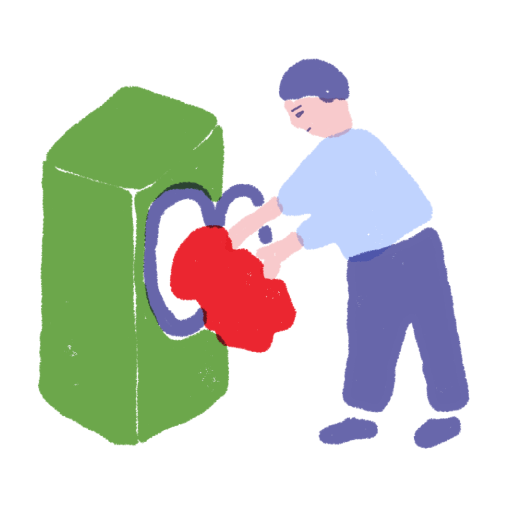
Enzymes also assist with other mechanisms
and functions that take place
behind the scenes of our everyday life.
They increase the efficacy of
washing detergents and cosmetics,
creating new material for industrial products,
purifying water quality, and
breaking down waste.
and functions that take place
behind the scenes of our everyday life.
They increase the efficacy of
washing detergents and cosmetics,
creating new material for industrial products,
purifying water quality, and
breaking down waste.

